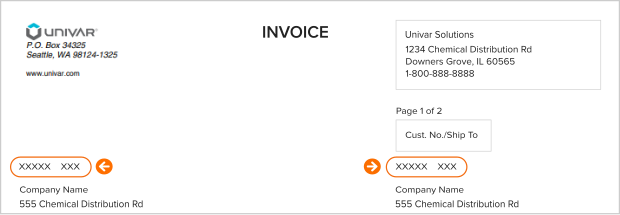We’re here to provide you with more information or help answer any questions you might have. Send us a note and we’ll get back to you as soon as possible.


Performance meets sustainability with SI Group’s latest phenolic resin
How can the sustainability of synthetic rubber adhesives be improved without performance detriment?
For even the most prolific formulators throughout the chemicals industry, the biggest white-knuckle-inducer is often the balancing act of precise formulation. A single aspect of forwarding progress in one area can sometimes mean a sacrifice elsewhere. Want to improve bond strength? You'll likely have to increase cure time. Do you prefer a clear product? That usually means less raw materials but higher costs.
Fortunately, opportunities can emerge from those seesaw battle-type sacrifices, prompting the question: Is there such a thing as failure in design? Or just differing performance attributes that may not fit preestablished parameters but can still offer game-changing results? The CASE lab explored this concept during the Univar Solutions Innovation Day virtual event.


This tightrope walk of teetering benefits is even more apparent in the world of synthetic rubber adhesives. With incredible diversity and performance, polychloroprene-based adhesives are used in numerous applications worldwide as solutions for:
- High heat
- Ease of handling
- Pressure tolerance
- Instant adhesion
Just as with most items in the chemical space, there's a strong desire to move toward sustainable offerings with adhesives, leading synthetic rubber adhesive manufacturers to explore water-based options instead of traditional solvent formulations.
However, this creates a logistical challenge – solvents typically aid drying time reduction due to their volatility. Their usage has also become limited wherever possible, considering the restrictions on volatile organic compounds (VOCs) and amid general health concerns.
While it's still possible to formulate a sustainable solution using solvent-based chemistry, it's generally more difficult with the solvents currently available.
Water-based options are becoming the preferable pathway to sustainability.
Supporting demand and sustainability for a water-based rubber adhesive
Enter SI Group's latest phenolic resin, REZICURETM HYDRO 7900.
Announced at the World Adhesive & Sealant Conference, the bio-based phenolic resin REZICURETM helps meet sustainability goals and contributes to the final system's natural profile developed by adhesive manufacturers. Expected progress for consumer interest and government regulations will translate to sales potential and increased profitability for early adopters of these next-gen products.
Additionally, REZICURETM brings even more to the table. SI Group knew they needed to create a water-based workhorse resin and tackifier that would still deliver across many substrates just as traditional solvent-based resins do. They focused on standard polychloroprene systems that provide bond strength at high temperatures on multiple substrates, including (but not limited to): leather, wood, canvas, and PVC.
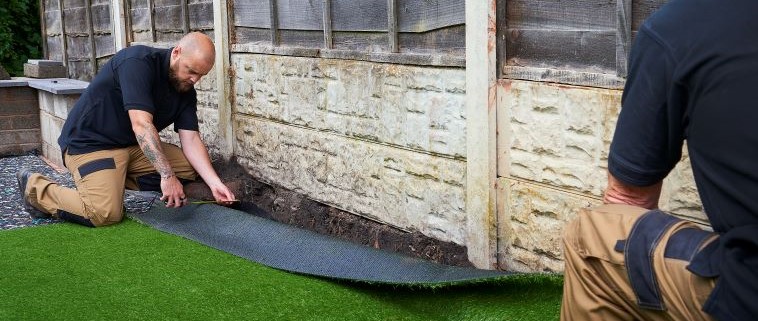
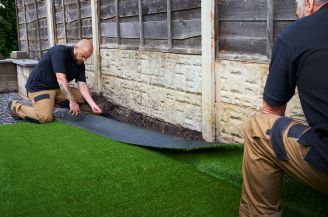
These systems also historically utilize hydrocarbon resins, so tests were performed at varying blend levels from pure hydrocarbon (baseline) to pure REZICURETM Hydro 7900. The results indicated that systems with the highest loading of REZICURETM delivered better results than standards in tack, SAFT, and lap shear testing. Although the development focused on parameters with a higher pH, REZICURETM is a phenolic resin compatible with numerous elastomeric coatings.
The results? Systems with higher levels of REZICURETM saw improvement in film formation. In this instance, the balancing act in these systems delivered multiple in-application benefits without causing detriments to the desired performance criteria.
Univar Solutions and SI Group's partnership for rubber adhesive solutions and more
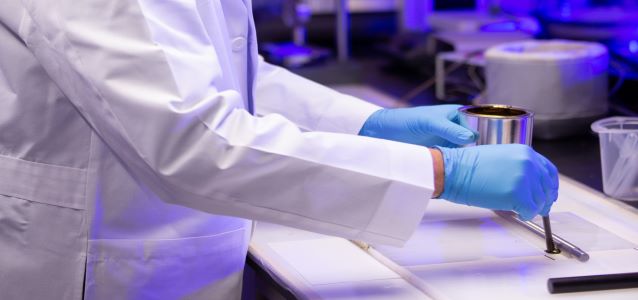
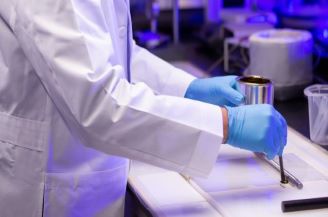
In addition to supporting the formulating and development work that SI Group performs, Univar Solutions employs market and technical experts from around the world to find innovative ways to apply these products, benchmark successes outside of the intended market, and discover new opportunities across the spectrum.
SI Group and Univar Solutions are strengthening solutions for the marketplace with the goal of improving sustainability –without sacrificing performance – and helping customers become the next industry disruptors in the rubber and plastic additives markets.
Watch now: Technical specialists from our global solution centers explore CASE solutions for improving adhesion sustainability, waterborne coating performance, and more during Innovation Day.



